The lean months of November and December loom before us, offering only one meeting each this year, but other fun is afoot as the calorie-packed, well-toasted holiday season approaches. Beyond the festivities, the possibility floats unseen through the air that the season may yield a few poems as well to see us through the cold of winter.
As for October, seven diehard poets availed themselves of it's last EOTNP meeting. With plenty of time and the collection of prime poems read, the amateur behind the gavel had an easy time of it.
Leading off was Alan, whose "Around A Public House Table" captured the warmth of friends gathered in a tavern for conversation and a raised glass. The poem deals with the gathering of friends without specific reference to a given group, but most of us associated it with our post-meeting gatherings at Smitty's anyway.
Cathy's "New Girl" effectively addressed the silent unhappiness of the schoolyard outcast, for whom friends are fewer and more valuable than for other students. Childhood is a gold mine of poetic material, but the material is wrapped in such ordinary days that it is often surprisingly hard to dig out a nugget, as Cathy has done.
My offering, "Capitalist Running Dogs," was a venture into a past more recent than I usually deal with, but who am I to question what the muses bring. The muse that brought this one started with the end of the Cold War, moved on to the recent chaos in the financial markets, then ended with a commentary on greed. I'm thinking of having hundreds of thousands of copies printed and distributed, but first I have to find out what companies manufacture toilet paper.
No question about it, Mimi's poem "Axe Murderer" was an instant hit, a gem of facetious humor about family members who could do more to make Mom happy. The fabulous ending brings to mind the endings Mike Burke is known for, and on reading the poem over, it also brongs to mind the poems of Billy Collins. When I read things like this I think of the pompous professors in English departments of universities who publish each others' inscrutable poetry in literary journals and say to myself: "Who needs you?!"
Tom gave us "Ars Poetica," a highly entertaining internal monologue that I thought turned into a highly entertaining dialog somewhere in the middle. I console myself with the fact that anything that is "an attempt to explain poetry by writing poetry" is going to lose a few of the slower types as it goes along.
At this point Barbara voiced the idea that maybe "we should not criticize each others' poetry." The thought occurred to me that if we adopted that philosophy, our poetry group would turn into a series of open mic events with the same readers and audience. The group would lose its cutting edge, the edge that provides the food for thought that poets use to improve their work. On the upside, it sounded like a facetious suggestion when she made it.
As for Barbara's untitled poem, it needs nothing more than a title if it's going any further than the framed piece of art it lives in now. I suggest "Peanut Butter," since that's what it's about. I also suggest exact copies be made of its current layout, complete with skillfully-done pictures of a Skippy jar on one side and a Smuckers jar on the other. It's art and a poem in one work; surely there are customers for that.
Tim's descriptive poem "Louise" brings many images to mind, at the same time accommodates his inclination to put in a few lines that can have more than one meaning. More clarification would help the reader in one or two places, a good thing, as the reader ends the poem wanting to know more about Louise. Everyone spotted the poem's most fascinating lines, which read, for all of you who should have been there to hear them in person: "Once a man chased her over the rainbow." Makes you want to see the whole poem, doesn't it.
The one and only November meeting is on the 13th. Opportunity knocks.
Here we are...
...a group of Baby Boomers of sundry religious,
political and cultural orientations, who have been
meeting at the Voorheesville Public Library since 1991
to read and discuss each other's poems.
We include old fathers and young grandmothers,
artists and musicians, and run-of-the-mill eccentrics.
Writers are welcome to stop in and stay if they like us.
political and cultural orientations, who have been
meeting at the Voorheesville Public Library since 1991
to read and discuss each other's poems.
We include old fathers and young grandmothers,
artists and musicians, and run-of-the-mill eccentrics.
Writers are welcome to stop in and stay if they like us.
Some of Us

Dennis Sullivan, Beverly Osborne, Tom Corrado, Edie Abrams, Art Willis, Alan Casline (all seated); Paul Amidon, Mike Burke, Tim Verhaegen, Mark O'Brien, Barbara Vink, Philomena Moriarty
Friday, October 31, 2008
Subscribe to:
Post Comments (Atom)



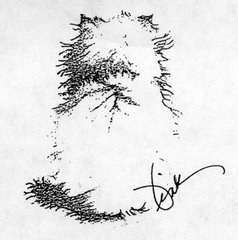
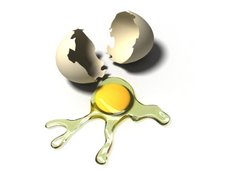

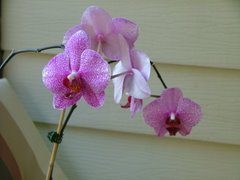









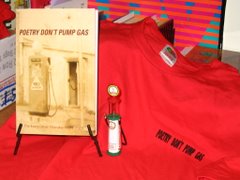
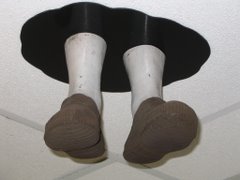


























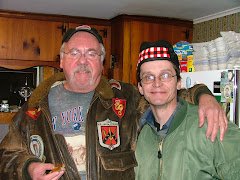
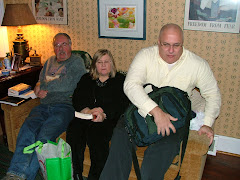
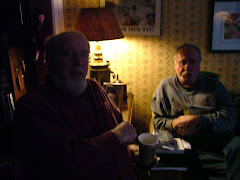
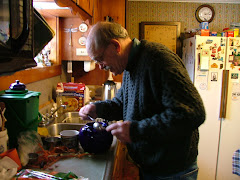
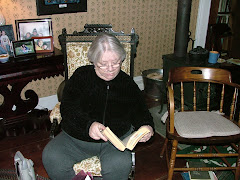
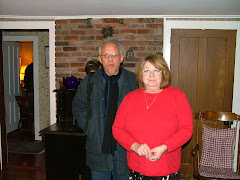
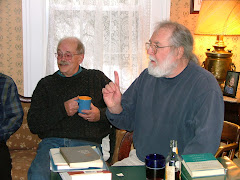
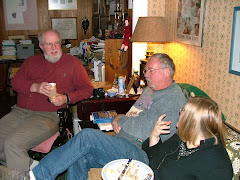
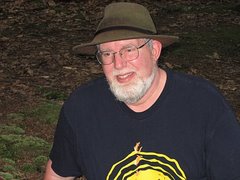
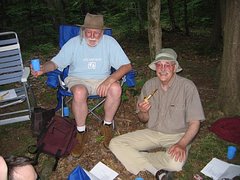
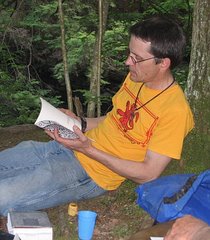
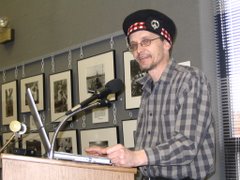
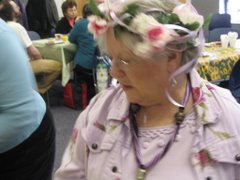
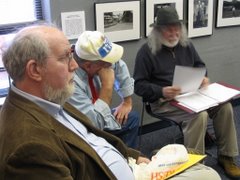
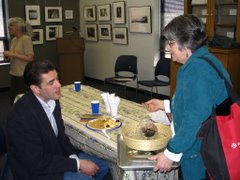
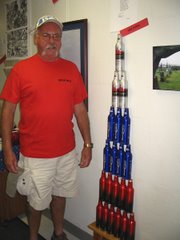

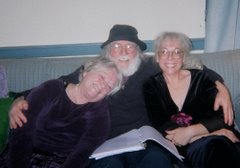
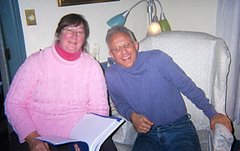
No comments:
Post a Comment